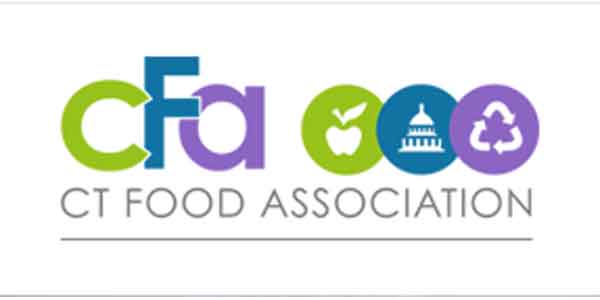Lawmakers and members of Connecticut’s complex recycling industry can’t agree on what to do when it comes to the state’s bottle law.
The following article can be found on the June 22, 2017 edition of The Hartford Business Journal.
Redemption centers say they are suffering from low handling fees that haven’t been updated in over three decades, while beverage distributors and manufacturers say higher deposits or fees would be an unfair tax on their businesses and customers but would amount to better funding for a system that’s not as efficient as it could be.
Meanwhile, the state has set a difficult goal of diverting 60 percent of its waste from incinerators and landfills by 2024, up from approximately 30 percent today.
Several legislative proposals in the recently concluded session aimed to tackle the matter, but none made it to a vote in either chamber.
Gov. Dannel Malloy’s original budget proposal this year contained a 10-cent deposit, but the provision died in committee.
A bill aiming to increase handling fees by a penny per container (to 2.5 cents for beer and 3 cents for soft drinks, water bottles and other beverages subject to the law), passed the Environment Committee unanimously but did not reach a vote in the House.
A third bill that would have scrapped the state’s 37-year-old bottle redemption system with a nonrefundable 4-cent fee on each container passed by a narrower 17-12 vote in the Environment Committee but did not reach a vote in the Senate.
The various bottle bills are among many that could potentially be revived in an expected special budget session.
“We haven’t given up yet, even for the session,” Rep. Mary Mushinsky, D-Wallingford, said during a panel discussion this week hosted by the Connecticut Recyclers Coalition in Southington.
That’s because the legislature convened at its statutory deadline without passing a budget to address the next biennium, which includes an estimated shortfall of $5 billion.
Just over half of redeemable containers are actually returned for their nickel deposits, due to consumers throwing them in curbside single-stream recycling bins, or sometimes, in trash cans or even onto the ground.
Single stream is convenient for consumers, but some don’t adequately clean containers, which leads to contamination and lower-value commodity for recycling businesses, which point to glass in particular as troublesome and costly to deal with.
Making more glass containers redeemable could reduce that problem by spurring consumers to recycle them.
Besides environmental policy, the debate is is very much about money.
The state deficit will make it difficult for lawmakers to reallocate revenue from unclaimed deposits – revenue that used to go into the redemption and recycling system but was swept by the legislature into the general fund starting in 2009. Those unclaimed deposits, referred to as escheats, have amounted to more than $30 million in recent years.
“The government needs to stop taking the escheats,” Rep. Stephen Harding, R-Brookfield, said at the CRC’s Southington event. “If we gave back the escheats to the redemption centers and everyone else, I think this would be a much more workable system, as opposed to us using it for essentially deficit mitigation.”
Jude Malone, executive director of the Connecticut Beer Wholesalers Association, said redemption centers and beverage retailers deserve higher handling fees, but that the economics of the industry don’t allow for it.
“We’re very consumer oriented and the price point is what it comes down to,” Malone said. “There is absolutely no money in the system; we’re just fighting each other.”


